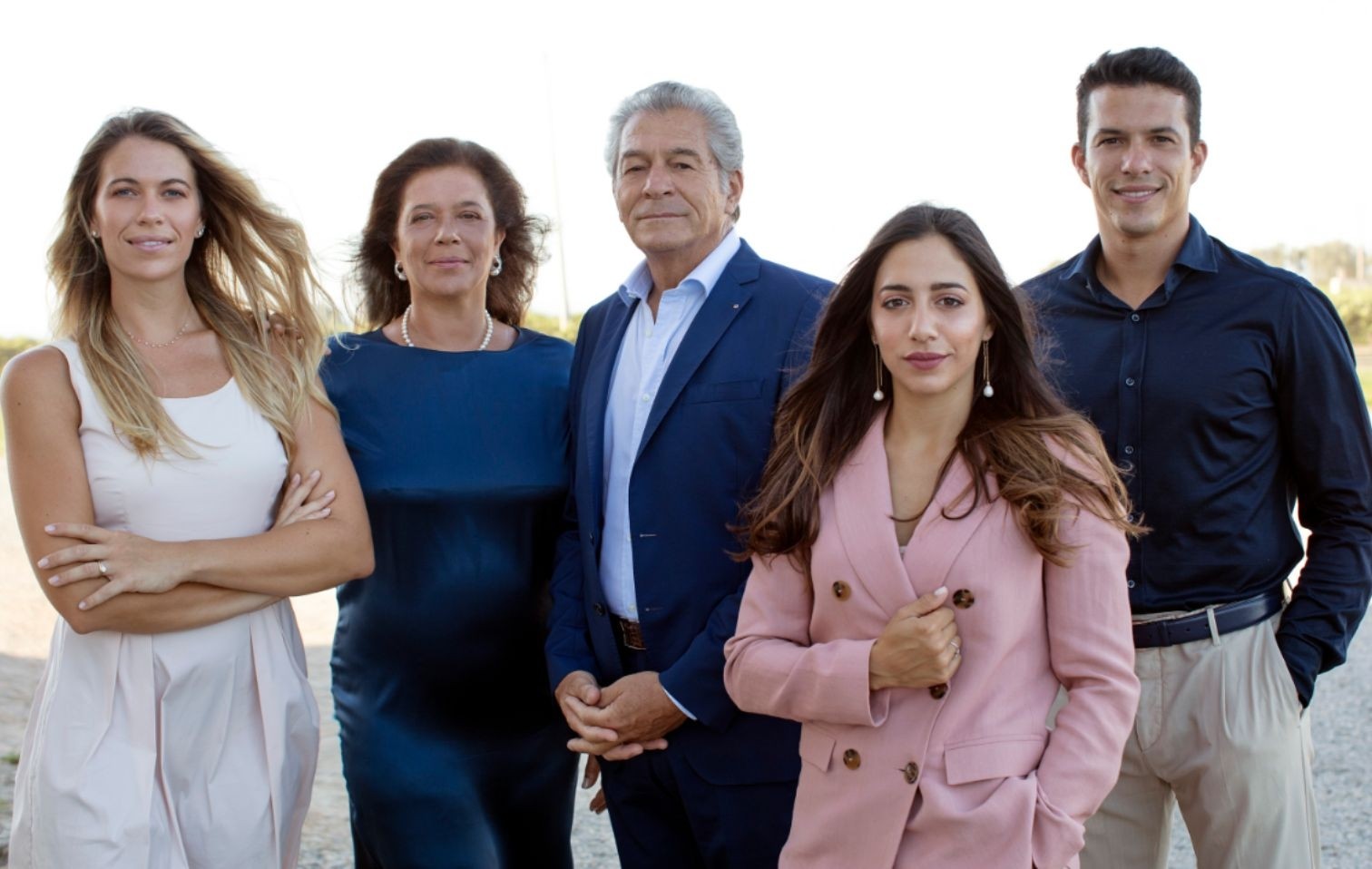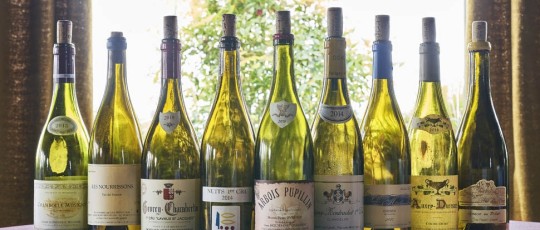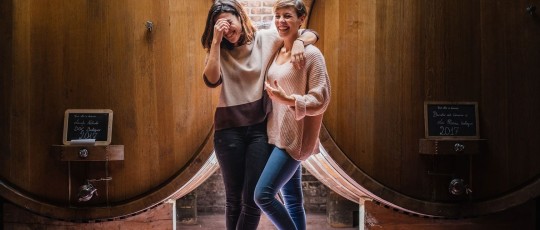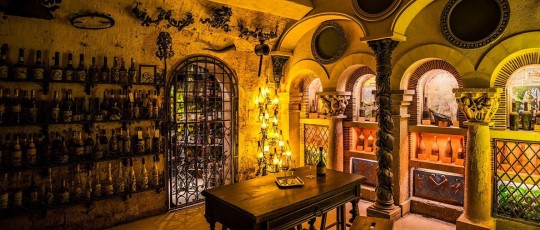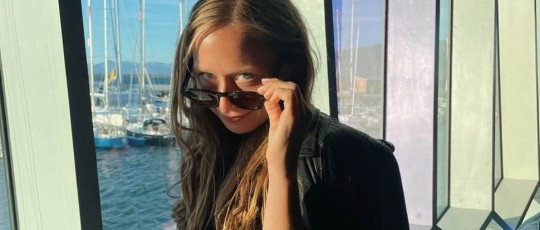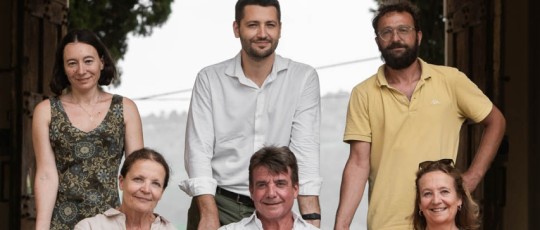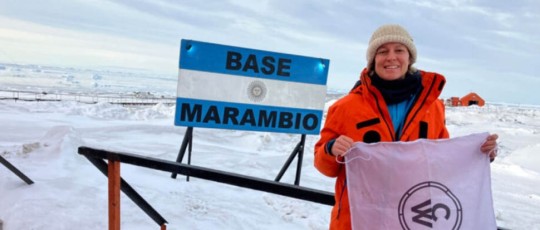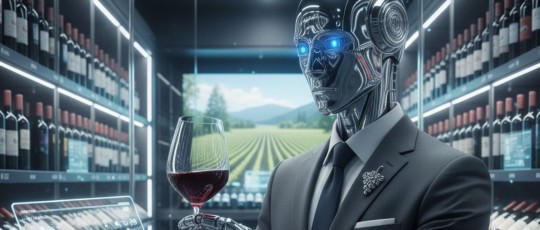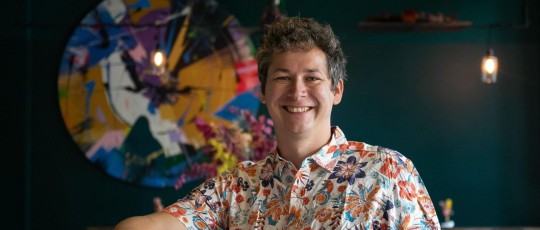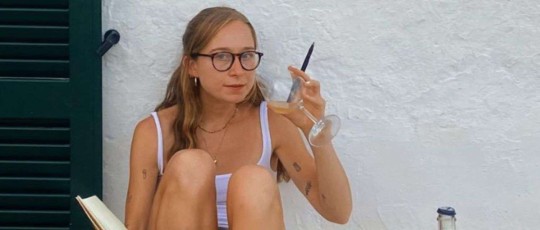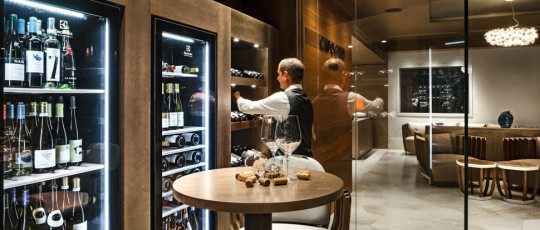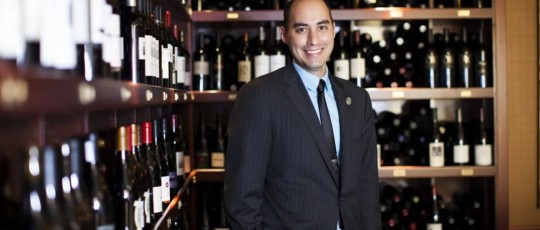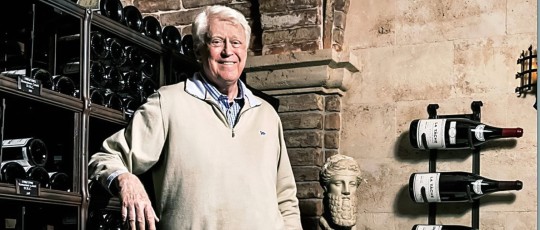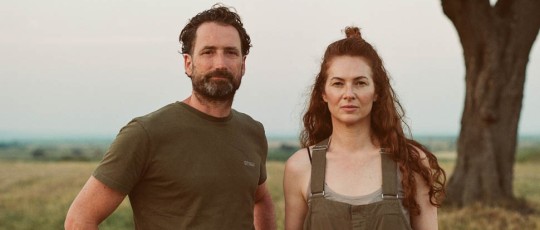In Taranto, the Varvaglione Family looks to the future with sustainable wines and production under the banner of social responsibility.
A story of family and love for the land is the one that has burned like a living fire for more than 100 years at the Varvaglione winery in Leporano, on the eastern Ionian coast south of Taranto. Here, among paradisiacal coves of white sand and crystal clear sea, the Varvaglione Family works on its very own personal beta generation of wine. The fourth generation of the family, led by Cosimo and Maria Teresa Varvaglione, looks to a sustainable and social future through collaborations with prestigious universities to monitor the vineyards and respect the environment, uttering one key word: authenticity.
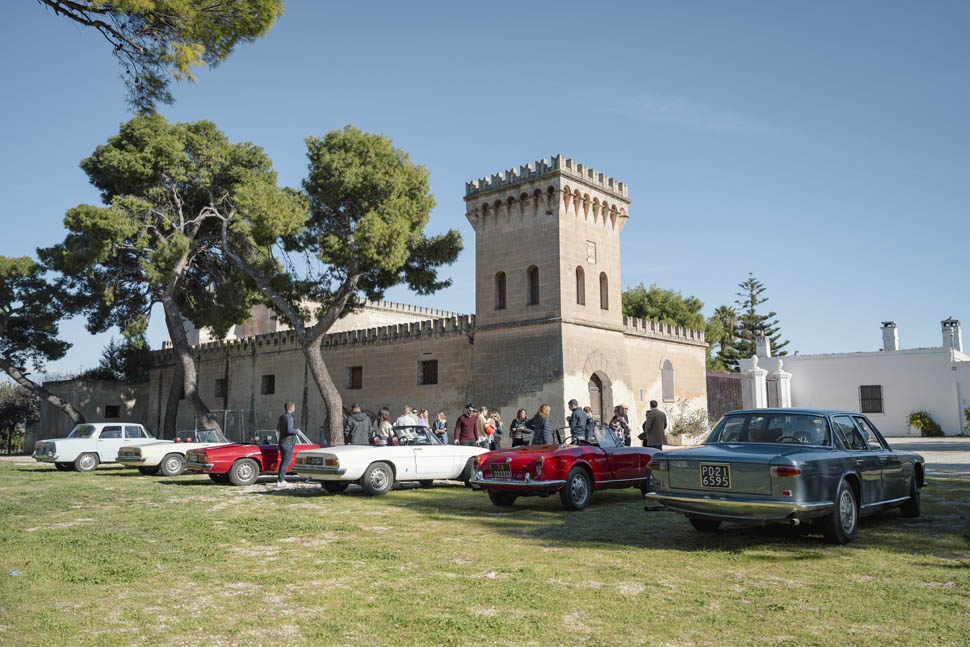
The winemaking practices are authentic as are the ideas that drive the constant search for ethical modernity. A common feeling that embraces the entire family and that Cosimo Varvaglione has passed on to his children Marzia, Angelo and Francesca. All of them with the same irrepressible passion that translates into constant study and work to make their story greater and greater, a story that is grafted onto Puglia's native grape varieties.
Sustainability must be planned
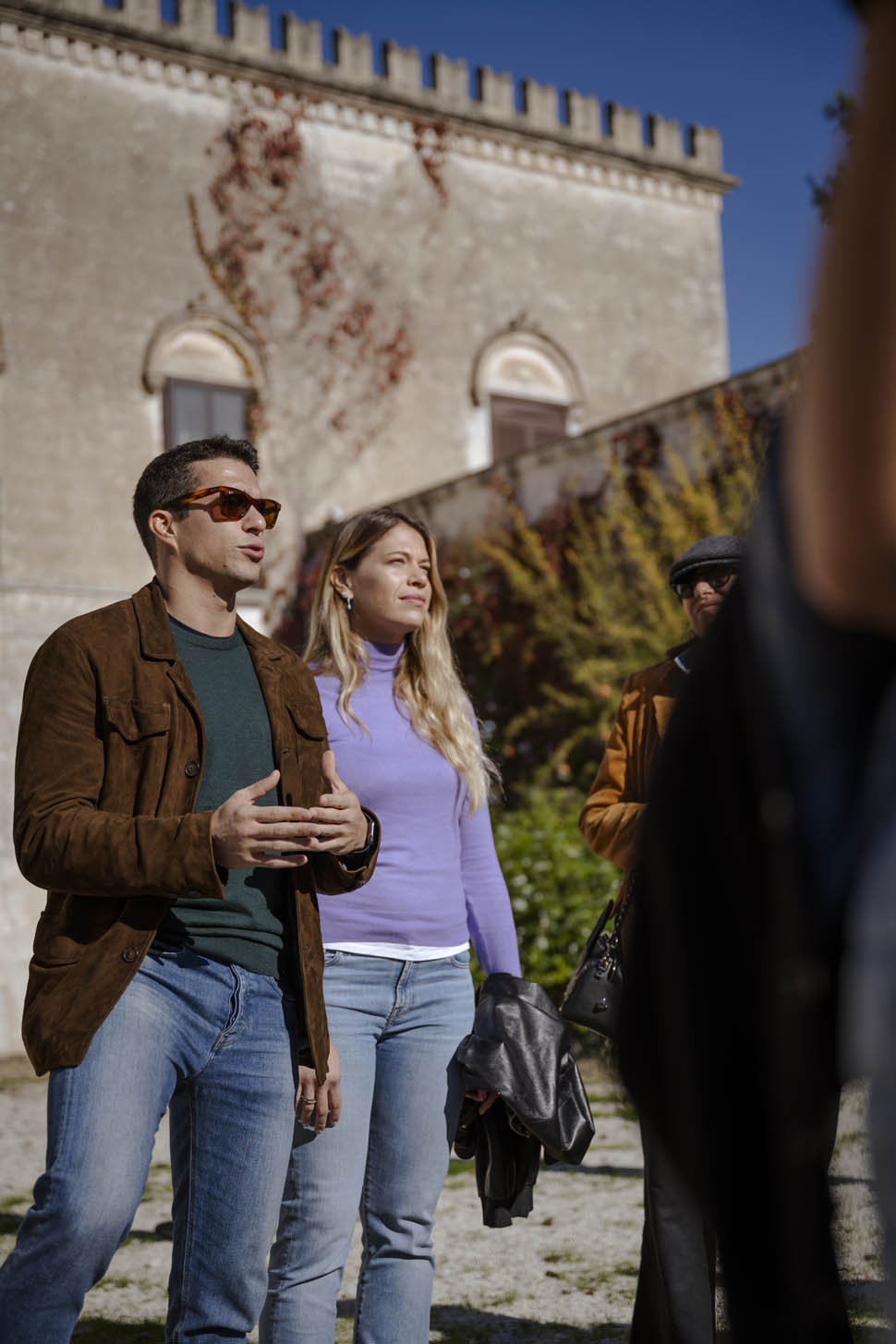
"Without positive finance there is no sustainability. Here in the vineyard we apply new agronomic techniques and technologies to counter climate change, which, in agriculture, is touched even more closely since it is strong and changes from year to year. This is to give the best quality of product. “ says Angelo, who goes on to quote a phrase his father Cosimo Varvaglione repeats like a mantra ”Good grapes can be ruined in the cellar but bad grapes cannot be improved in the winery. Everything starts in the vineyard."
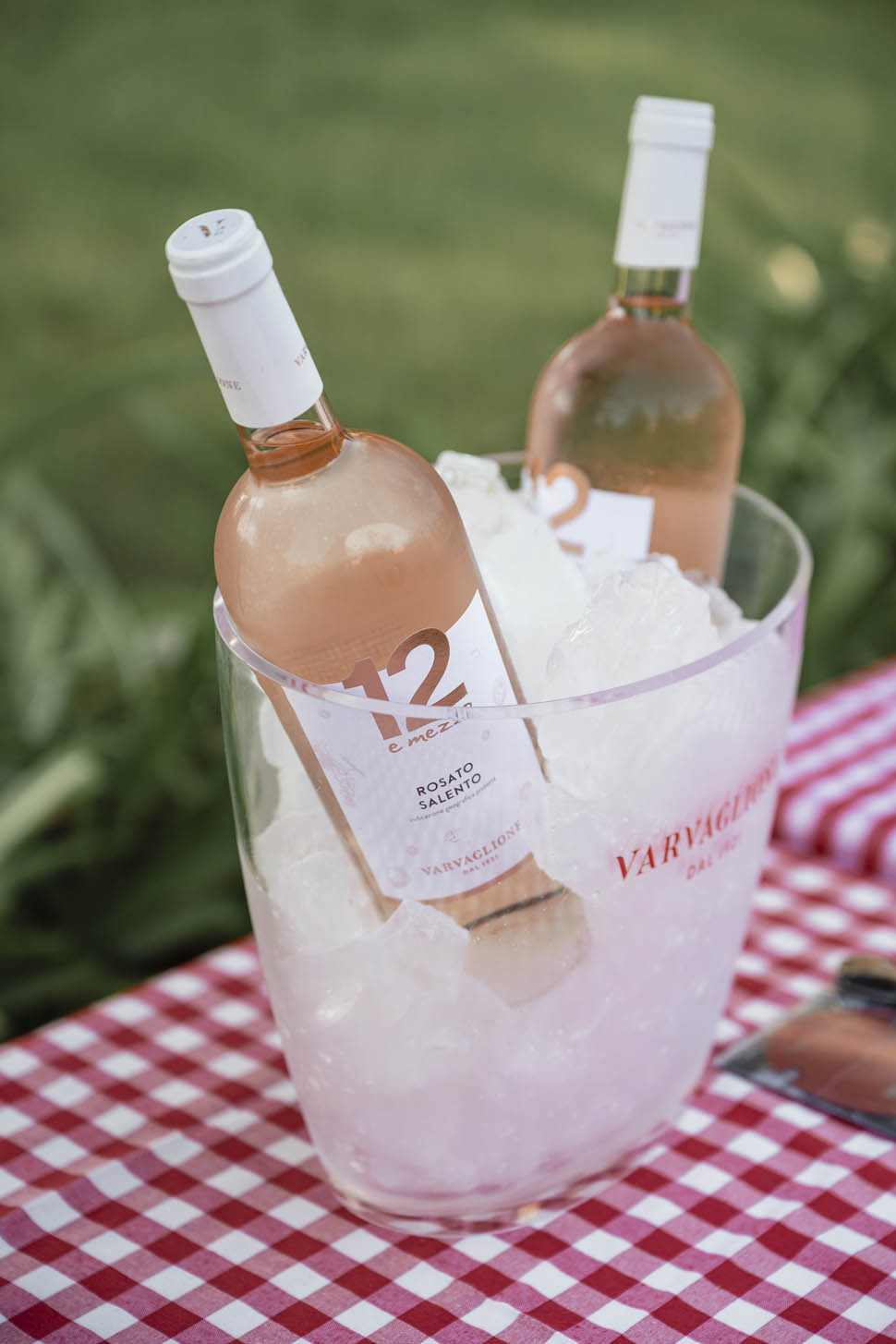
Their precision farming work uses, with the support of the tech company Xfarm, real drones capable of collecting (in the feeding phase) reflected light from leaves and, based on colors, showing their nutritional stress. This is precisely where they can intervene, however, without wasting product, fuel and water but rather by precisely centering the area in need of support. Vineyards are thus sprinkled with lots of sensors that capture data such as air humidity, leaf wetness (real input for disease development), wind and air temperature.
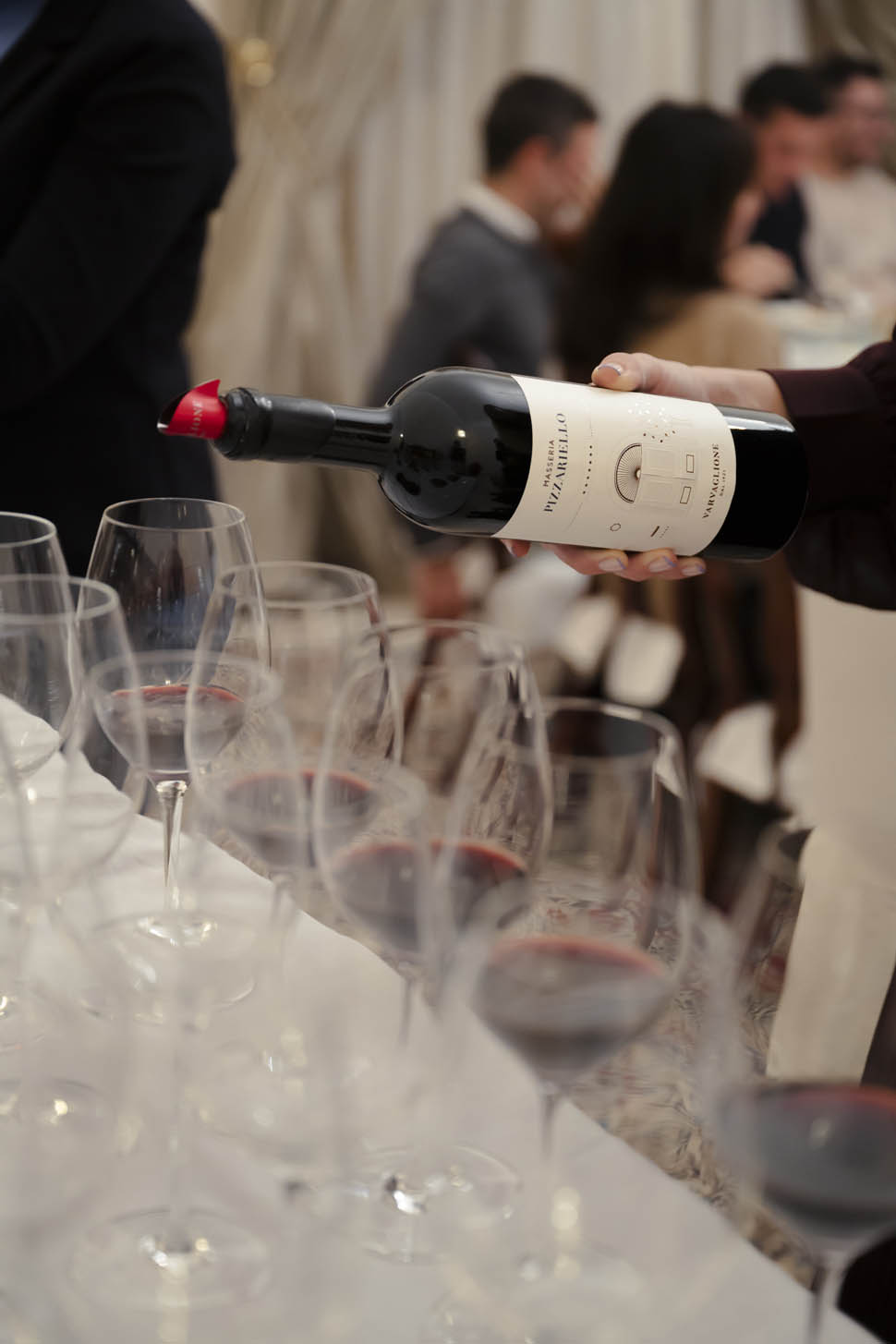
A decidedly winning system that also attracted the attention of the University of Bari, which, in turn, accompanied the University of Georgia to show a virtuous example of biotechnology in the field. "In a nefarious year, a victim of downy mildew, which has caused Puglia to post dramatic figures of up to -40 percent, Varvaglione has posted +5 percent, ” Angelo explains. Among the latest innovations is "lombricomposting", or the use of earthworms to decompose organic matter, producing a high-quality compost that enriches the soil with nutrients, improving its structure and water retention capacity. This consequently results in less chemical fertilizers and more environmentally friendly viticulture.
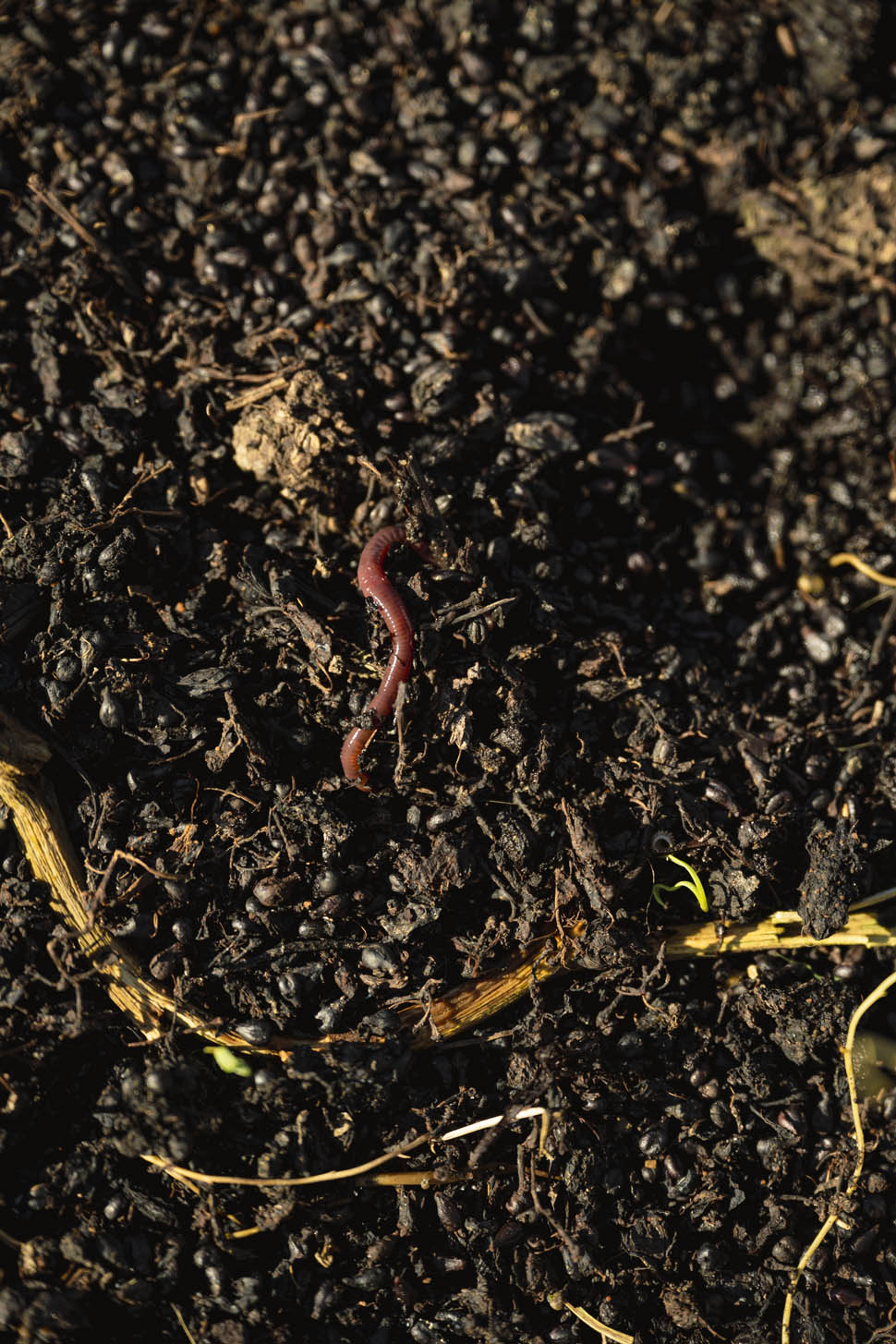
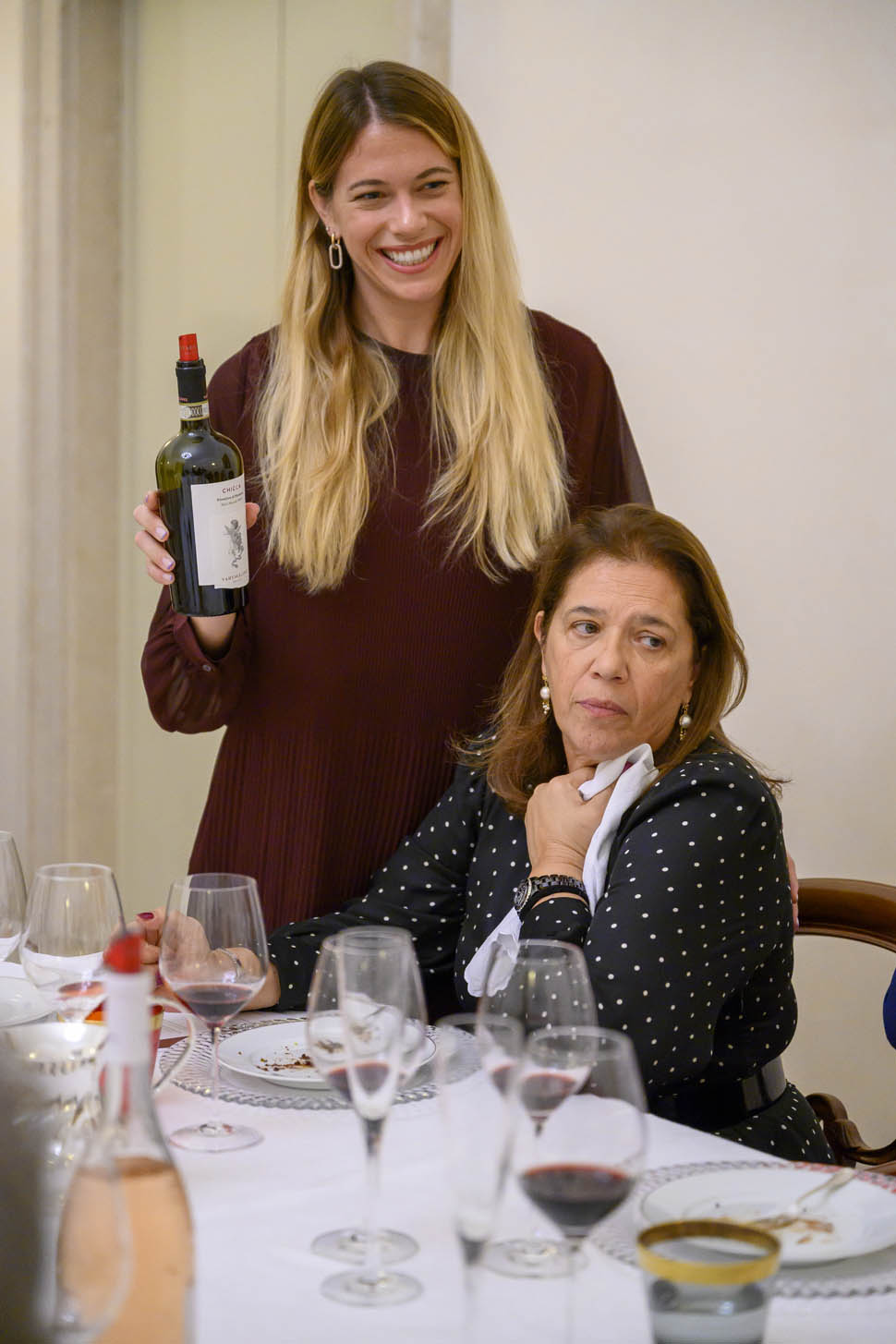
Taranto and slow tourism
In recent years the city of Taranto and, all around, the eastern coast have literally been enveloped by the mass tourism that has affected Puglia. Yet if of Valle D'Itria and Salento we have fully explored traditions and lands, of this side of Apulia perhaps everything has not yet been said: the rock churches of Mottola, the paradisiacal beaches of Leporano Marina and Marina di Pulsano, the beauty of Taranto with the majestic Aragonese Castle and the ancient noble palaces of the center as well as the old city born on a real island.
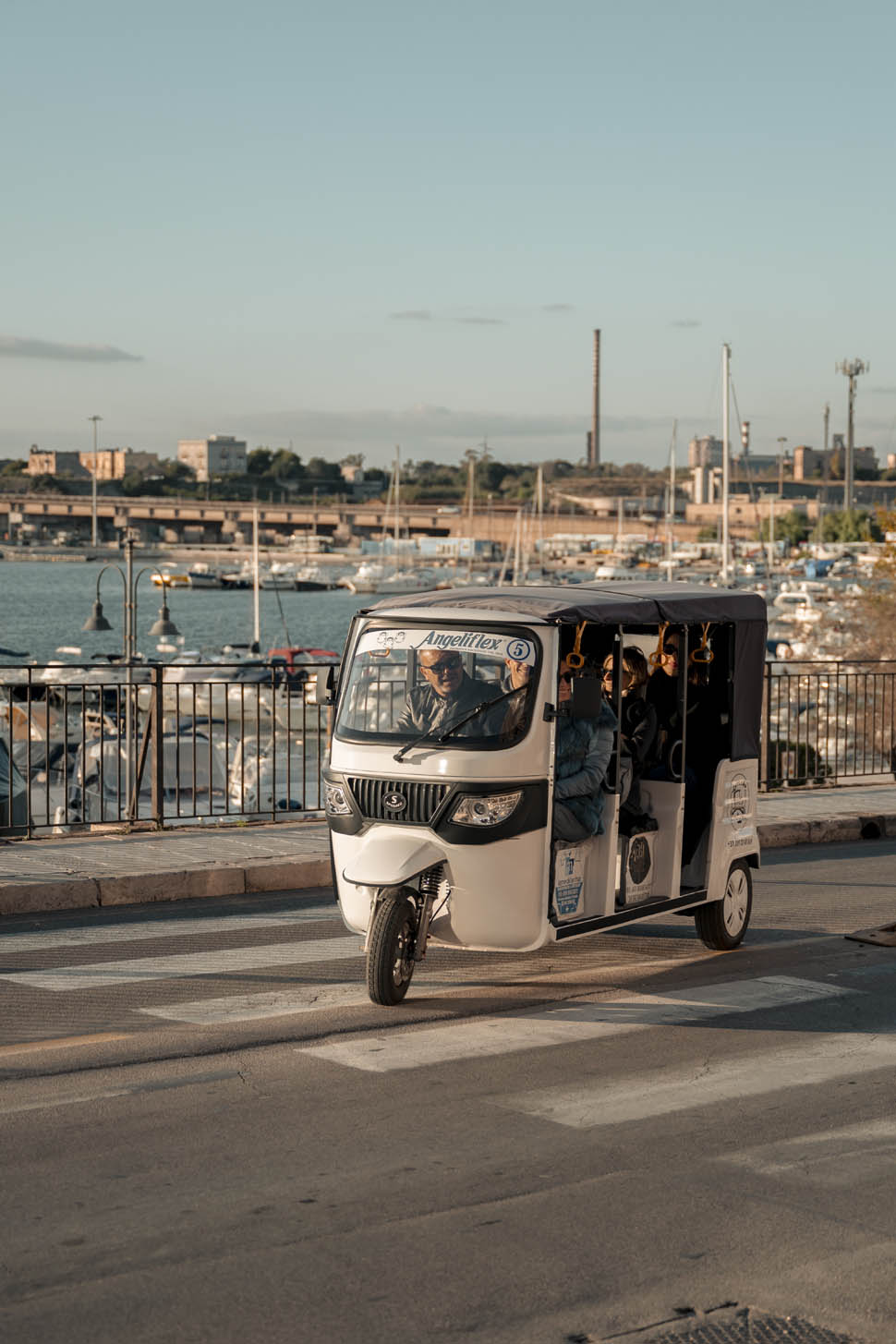
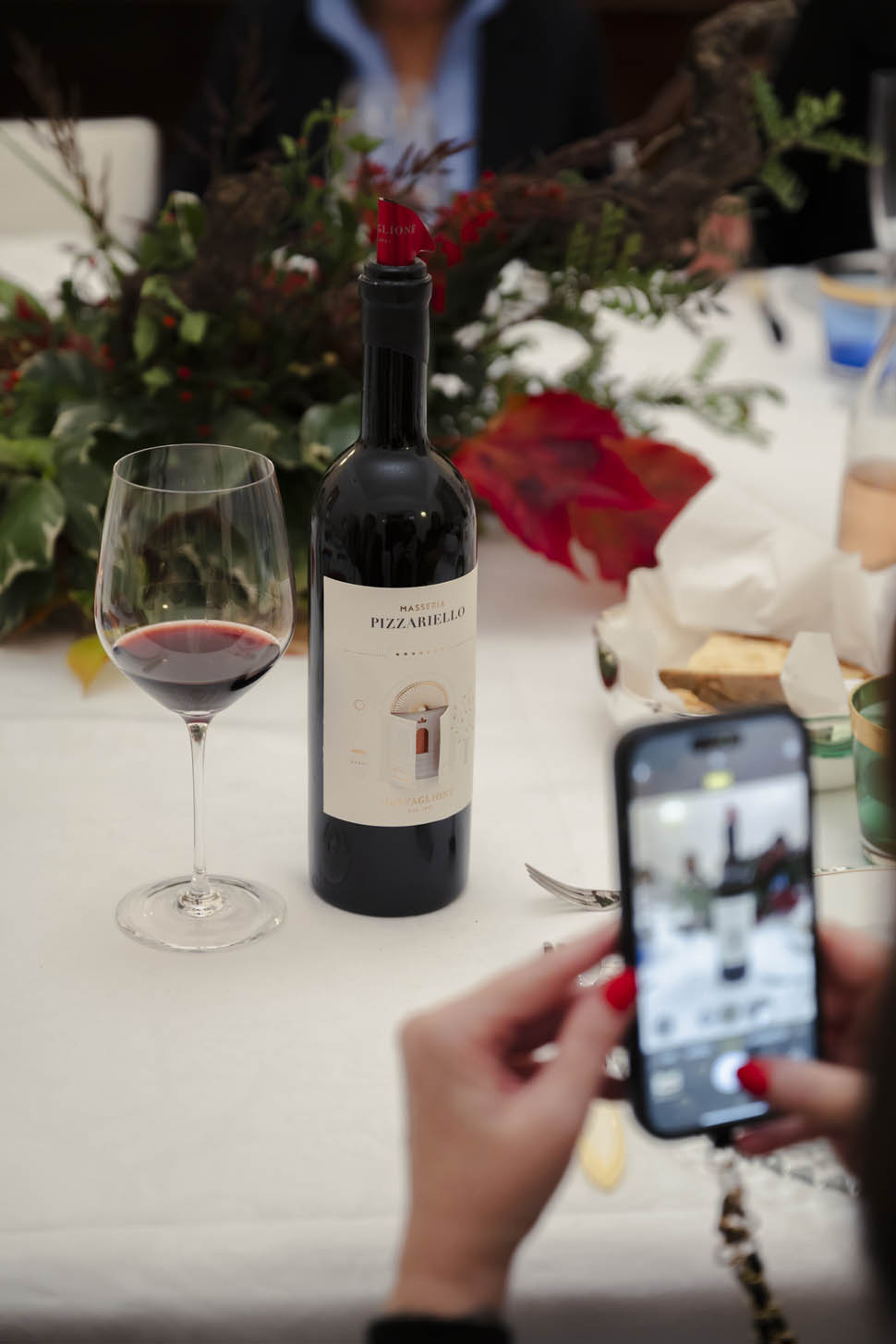
Not to mention the Mar Grande and Mar Piccolo that meet here, between dolphins and centuries-old mythiculture that gives the symbol of the local cuisine, the Taranto mussel also known as “gnore.” The Varvaglione family in this sense is a promoter of slow tourism, made up of the discovery of the most ancient traditions. Owned by the family is Masseria Pizzariello, a very old 17th-century fortified estate: here today you can take walks among the vineyards but also picnic in the vineyard, drive vintage cars along the crystal clear sea, stroll along the Circummarpiccolo and, of course, taste excellent wine.
Varvaglione's wines look to the future
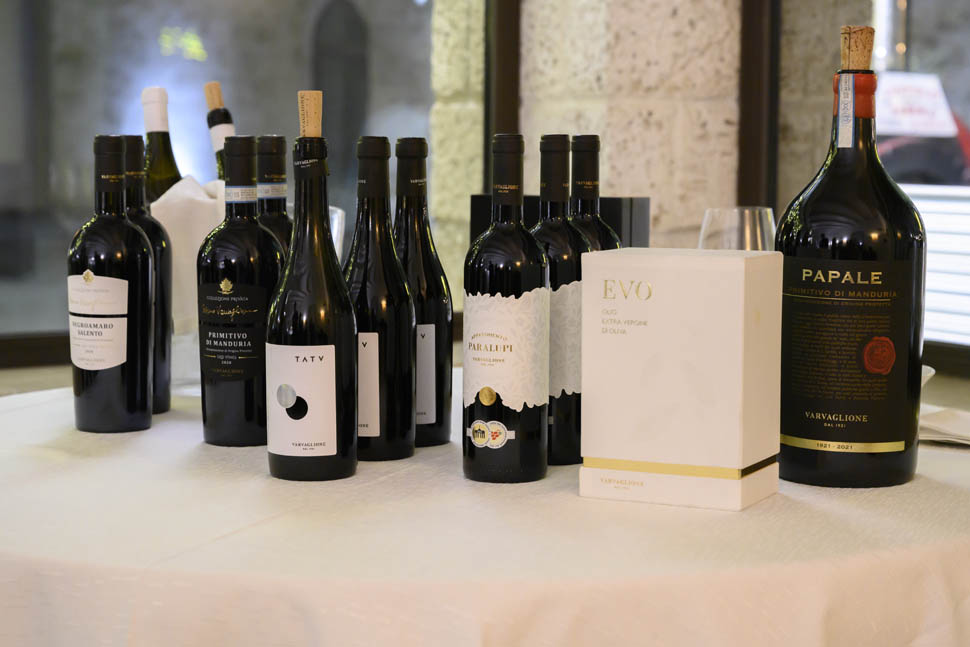
The chalky, iron-rich soil is ideal for growing vines in the more than 150 hectares of property. Grape varieties include Primitivo, Black Malvasia, Negroamaro and Aglianico, followed by Verdeca, White Malvasia, Falanghina and Fiano. From these grapes come wines that have achieved great success and recognition in Italy and around the world: suffice it to say that 80 percent of the wines produced are destined for foreign countries with a total of 5 million bottles produced annually. There is the Papale Collection created for the winery's 90th anniversary, the 12eMezzo Collection that blends past and future with low-alcohol wines, the Family Collection that pays homage to each of the members of the Varvaglione family with red and white wines from indigenous grape varieties. Finally, Terra Collection to pay homage to Puglia with distinct characteristics of the local terroir and then bubbles with a white of Falanghina and a rosé blend of Primitivo, Negroamaro and Verdeca. All with one common denominator: innovative quality also recognized by numerous prestigious certifications. Adds Angelo in this regard:
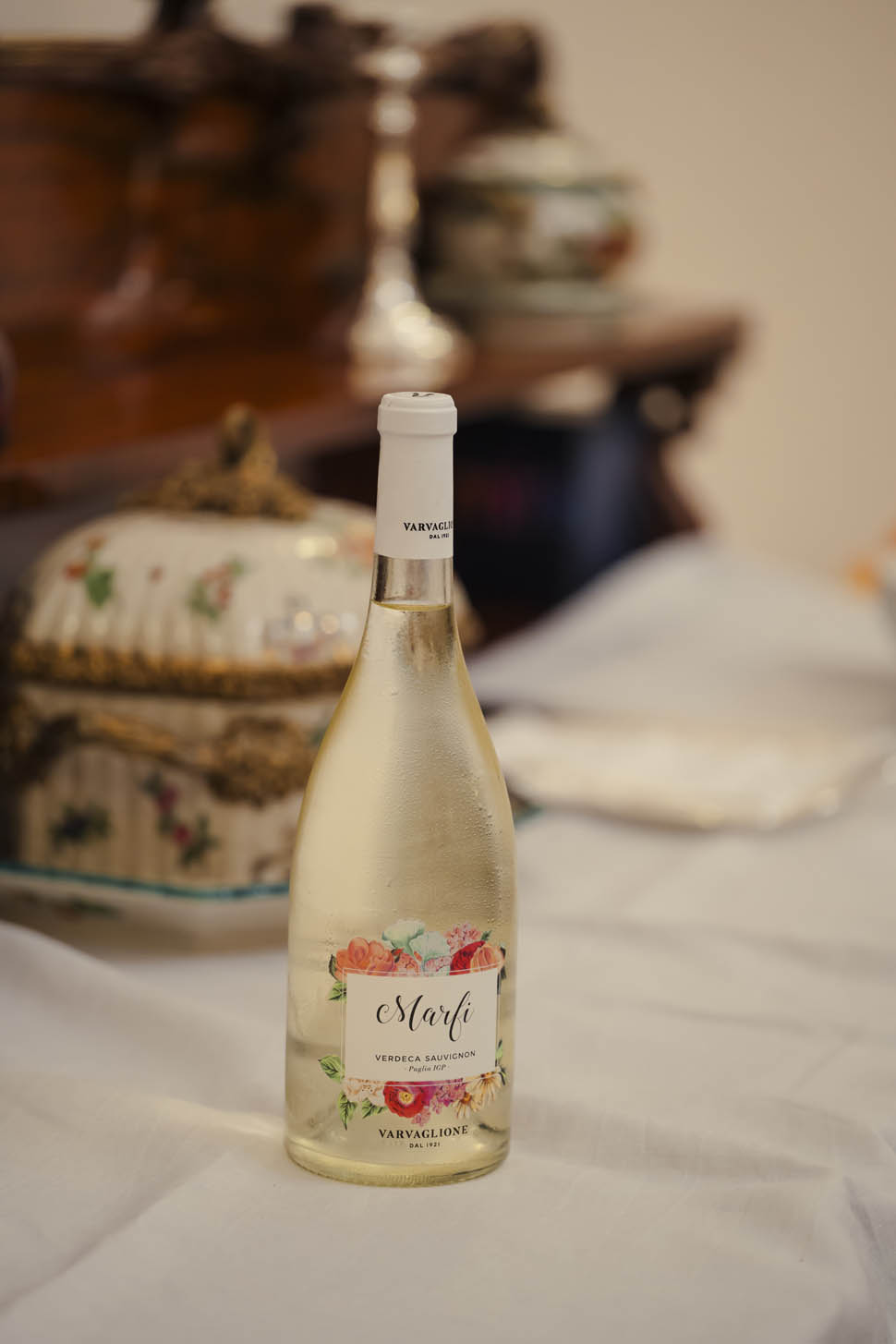
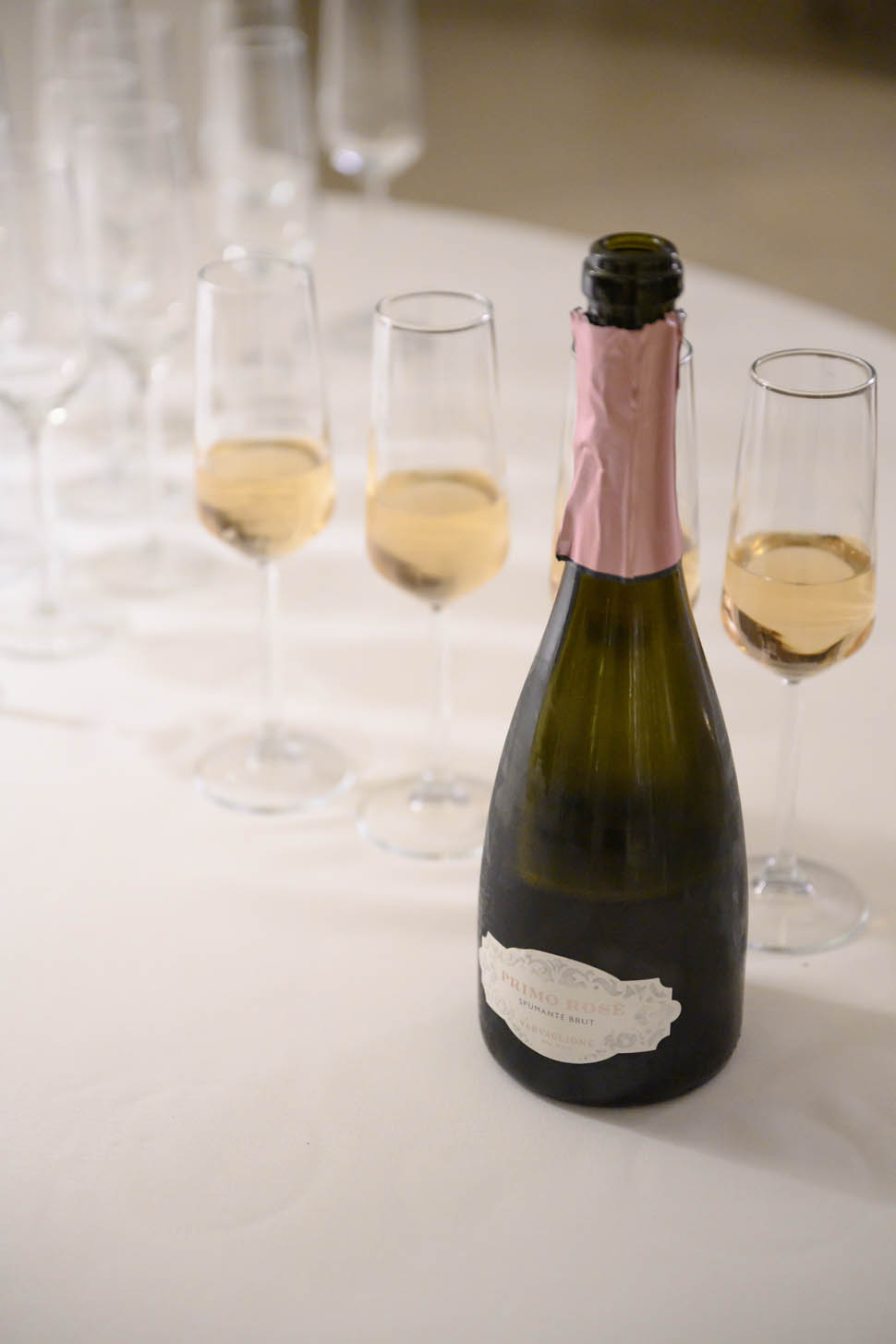
"Equalitas, for example, is an important recognition that attests to our commitment to 360-degree sustainability. Not only environmental, but also economic and social sustainability of wineries, ensuring a holistic and integrated approach. The Varvaglione 1921 winery has always been deeply connected to the land and the values of environmental sustainability, and over the past year we have undertaken a series of initiatives aimed at reducing our environmental impact and promoting more sustainable practices.” In fact, Varvaglione participates in the RafCycle program for reel recovery, an initiative to recycle waste materials from their labels. This promotes a circular economy within the supply chain. Their active participation in sustainability and a more environmentally friendly future also translates into initiatives to protect the oceans. This is done through the use of Nomacorc Ocean, an innovative line of wine stoppers made from recycled materials from ocean plastic waste to combat marine pollution.
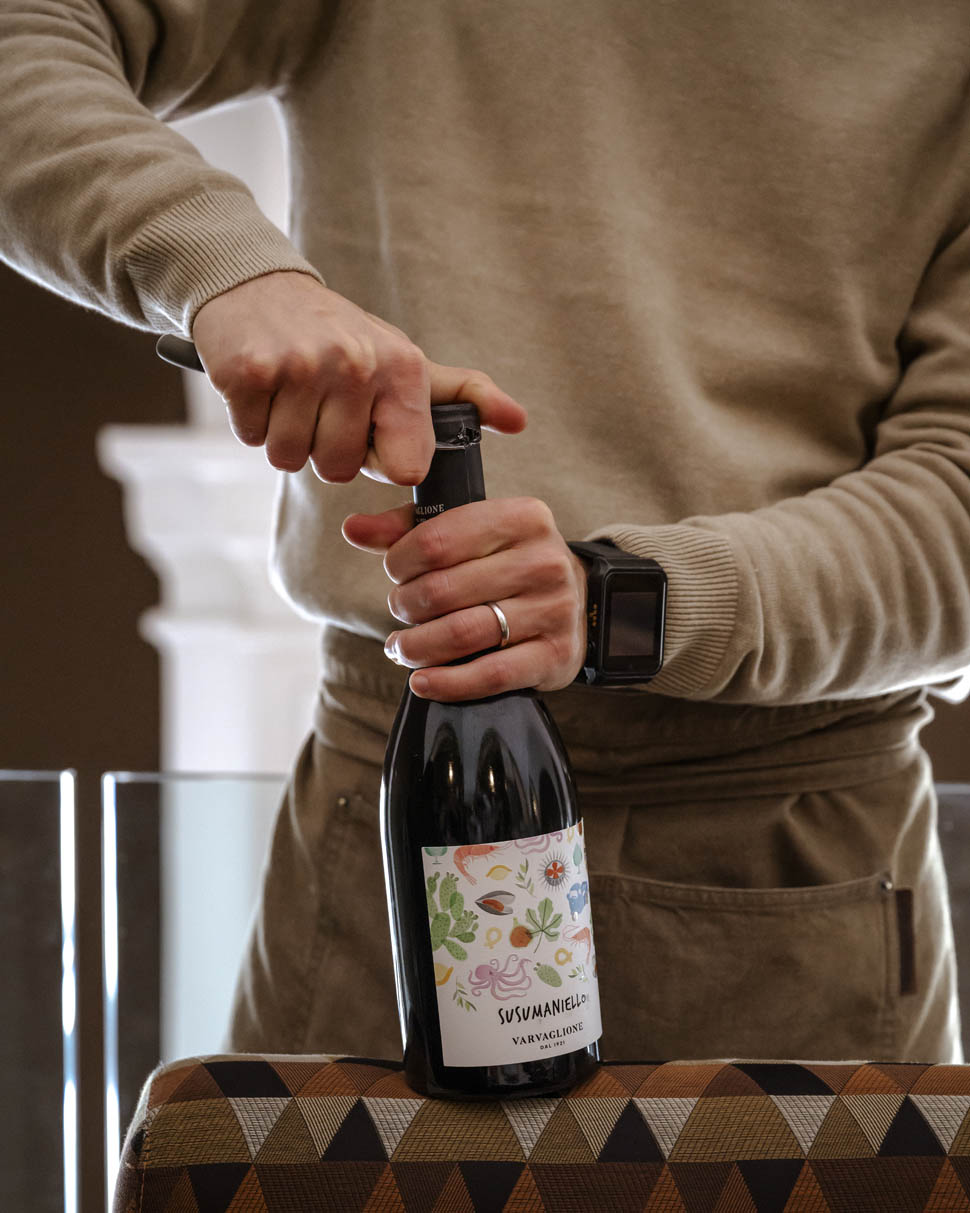
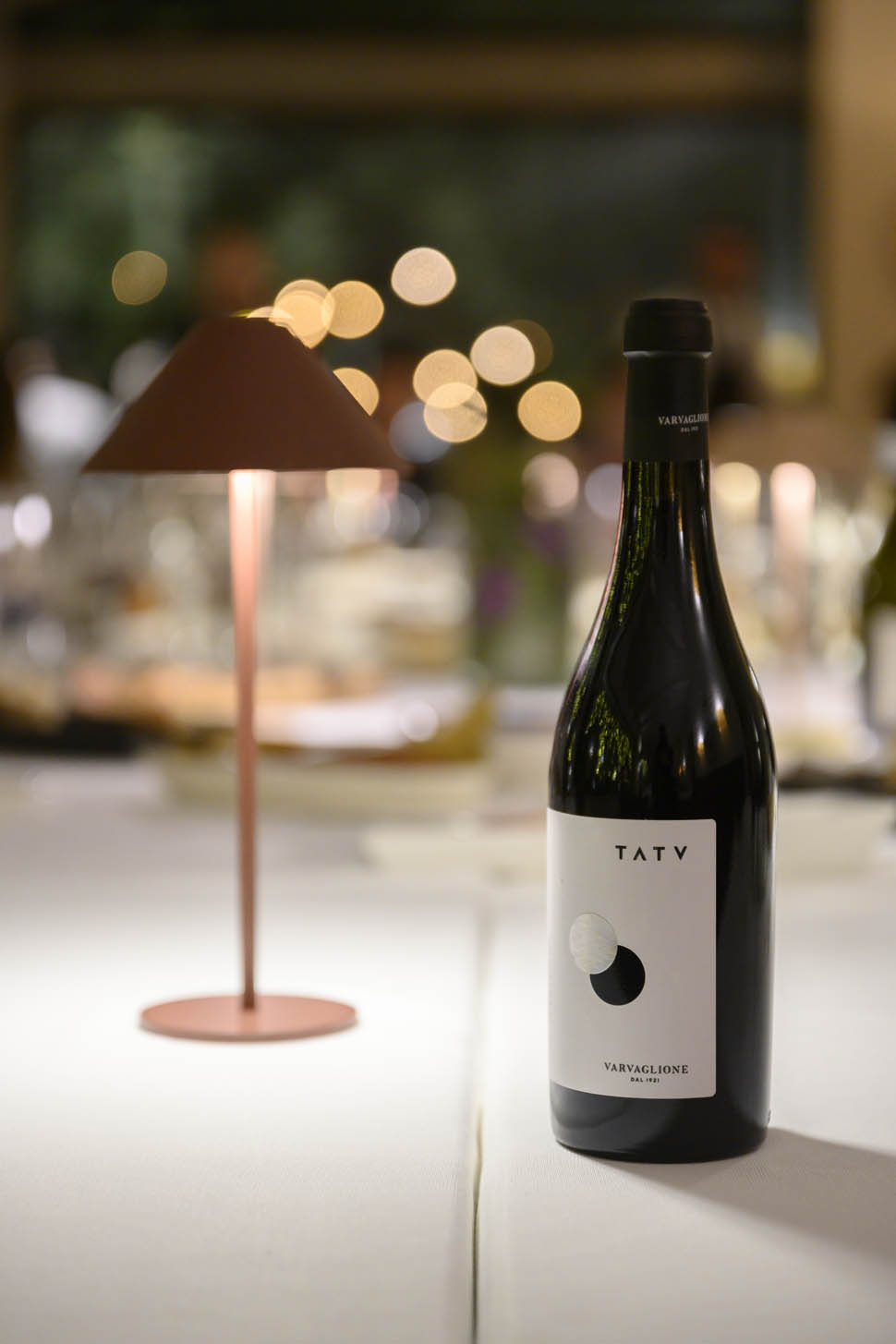
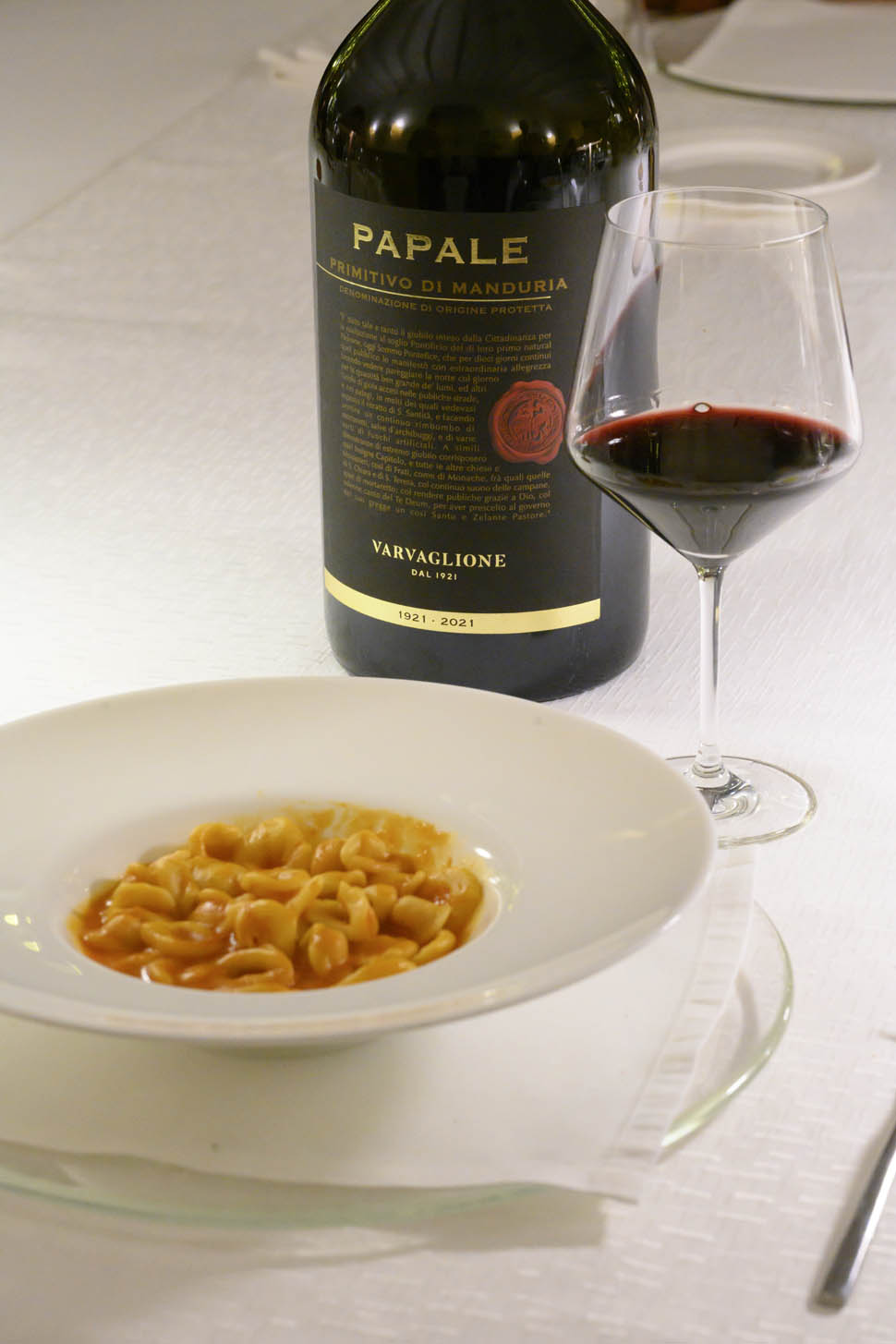
“In addition, ” he continues, “ for all our labels, we use FSC-certified paper, thus ensuring that the wood used to produce them comes from responsibly managed forests. This certification ensures the traceability and environmental responsibility of the materials we use. Another significant innovation has been the introduction of the glass stopper within our product range. This type of stopper not only preserves the organoleptic characteristics of the wine, but is also fully recyclable, helping to reduce the use of plastic and other unsustainable materials."
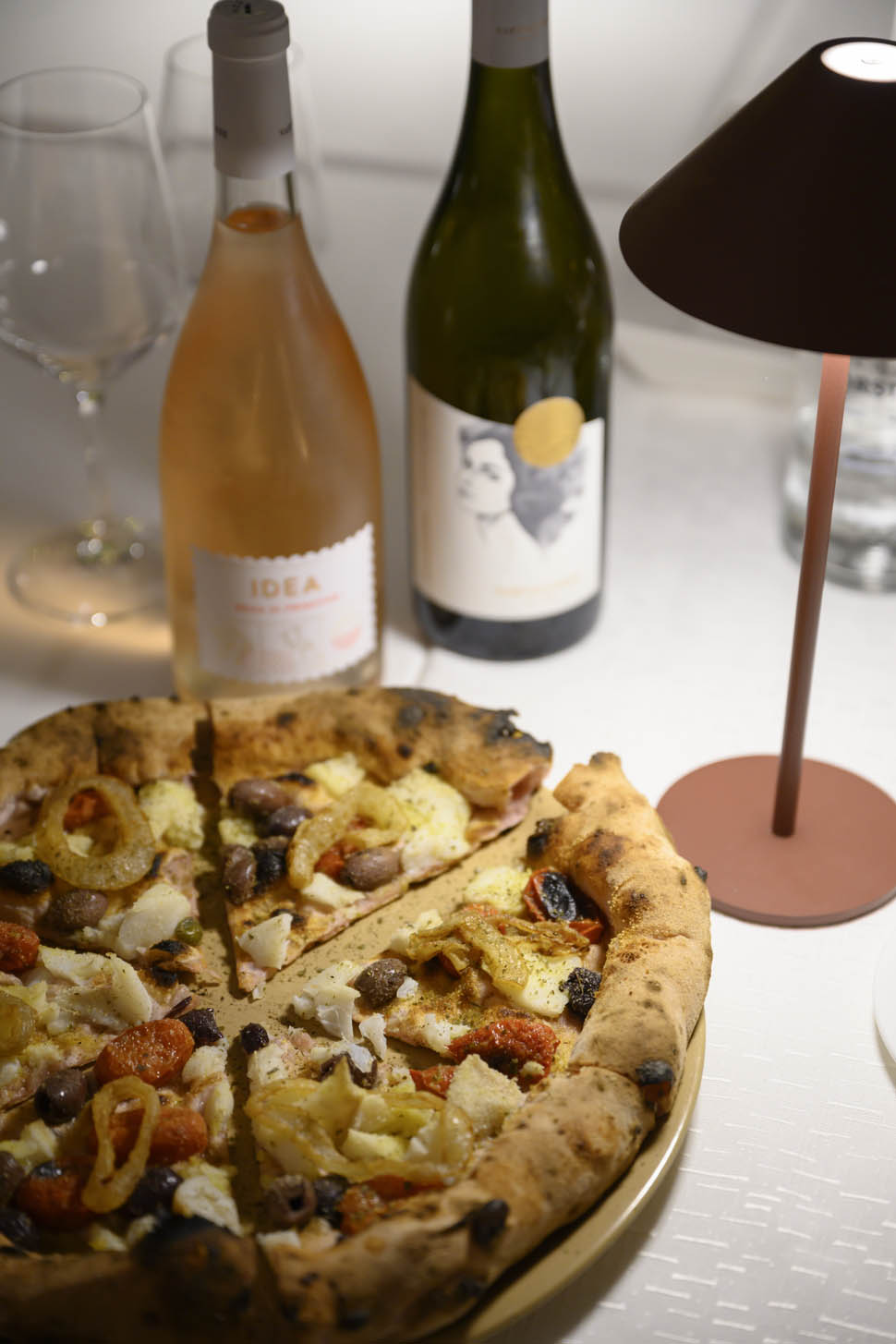
CONTACT
Contrada Santa Lucia s.n.c. 74020
LEPORANO (TA) - Italy | phone +39 099 5315370
www.varvaglione.com - info@varvaglione.com
